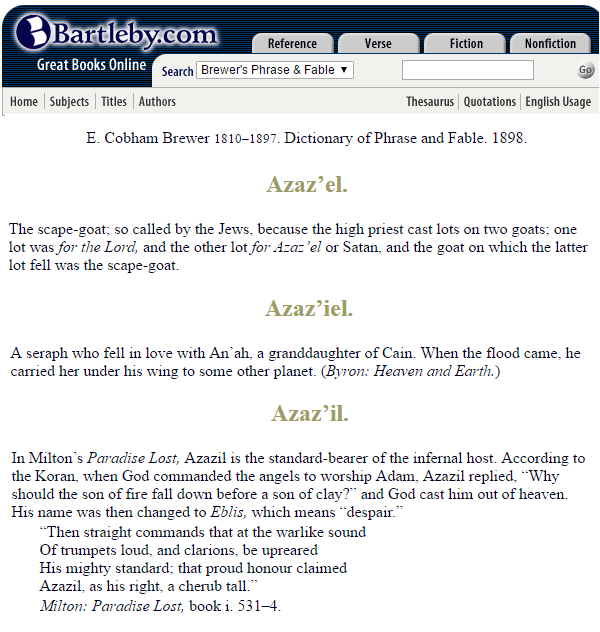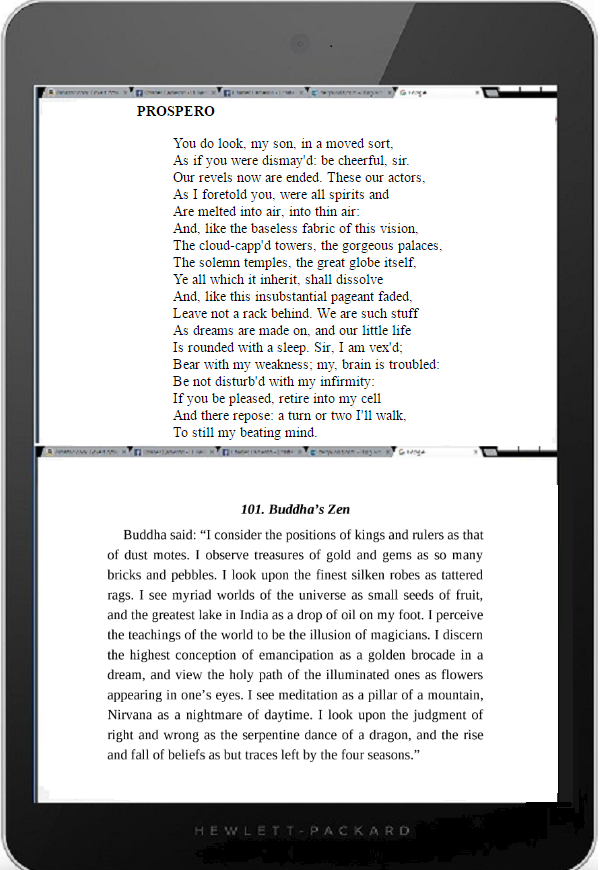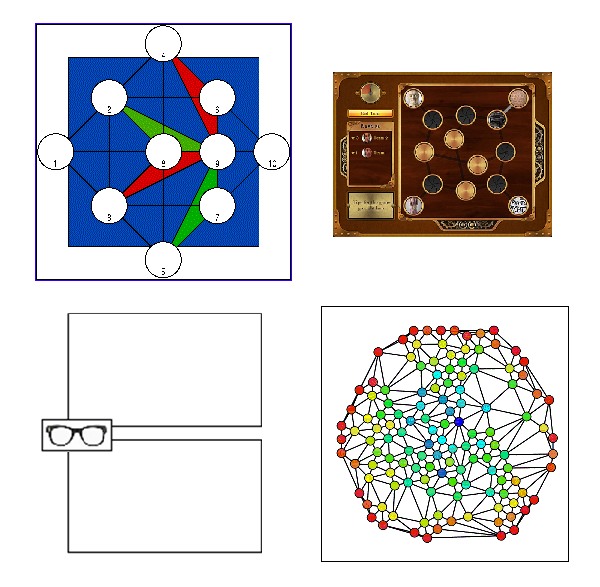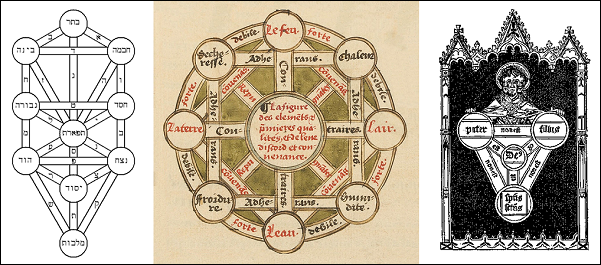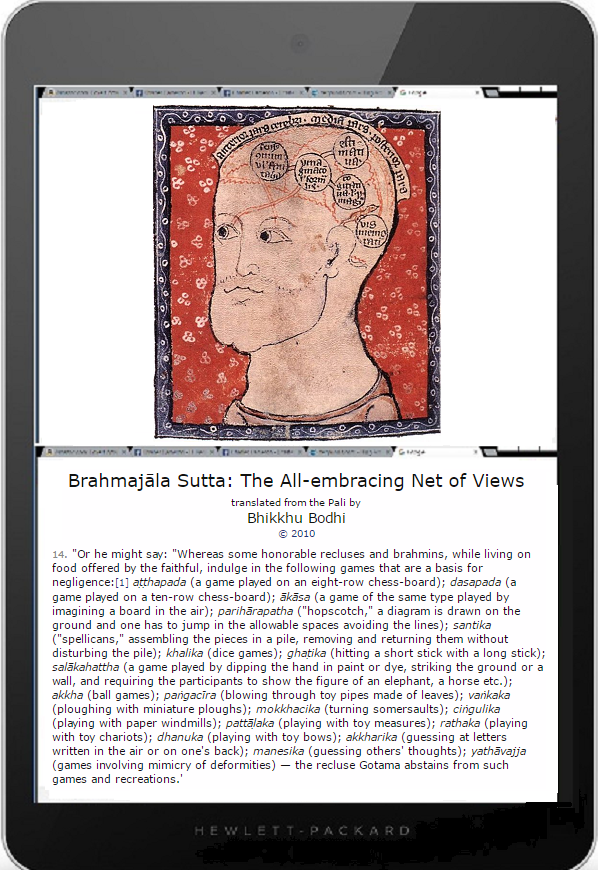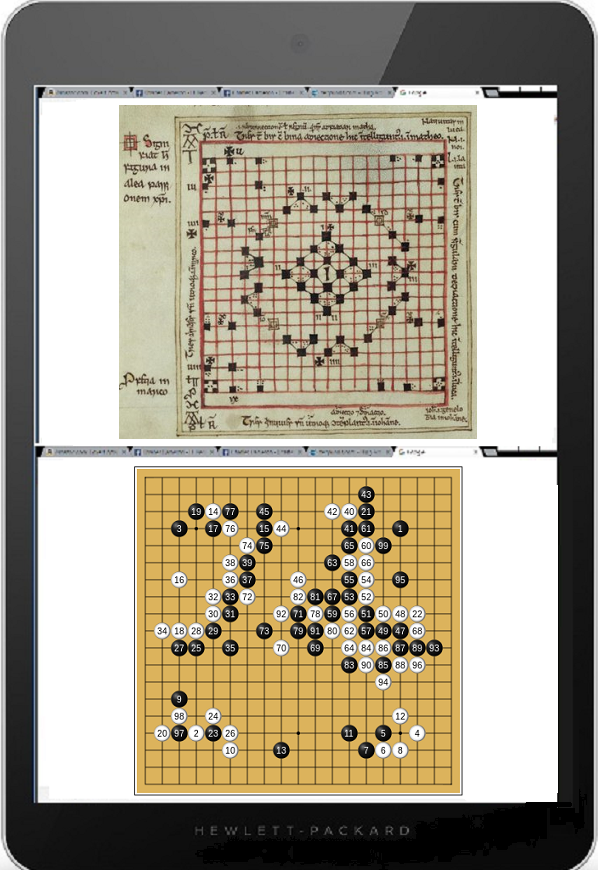[ by Charles Cameron — concerning the tidal pull of two words on the emotions, in considering Hamzah bin Laden’s recent message ]
.
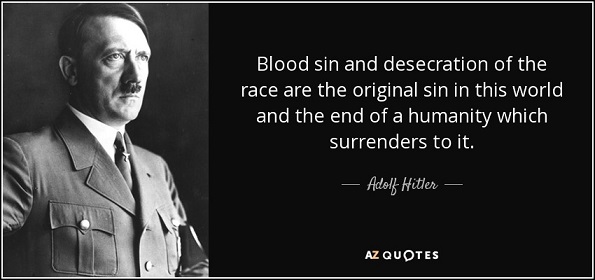
**
In the Jewish book of Leviticus [17.11], we find:
For the soul of the flesh is in the blood and I have assigned it for you upon the altar to provide atonement for your souls; for it is the blood that atones for the soul.
For Christians, the early Church father Tertullian has the appropriate quotation:
Plures efficimur quotiens metimur a vobis? semen est sanguis Christianorum.
This translates to “We multiply whenever we are mown down by you? the blood of Christians is seed” and is often quoted in the form “The blood of the martyrs is the seed of the church.”
The American equivalent comes from Thomas Jefferson‘s Letter to William Stephens Smith of November 13, 1787, and is no doubt familiar to ZP readers:
The tree of liberty must be refreshed from time to time with the blood of patriots and tyrants. It is it’s natural manure.
The terrible significance of “blood” to the Nazis is illustrated by the Hitler quote at the top of this post.
**
In the beginnings of the jihad fought by the Al-Qaida and its secessionist successors in the Islamic State, Abdullah Azzam‘s words are foundational. In a document which has been titled Martyrs: The Building Blocks of Nations — shades of Tertullian and Jefferson — Azzam writes of both blood and ink:
The life of the Muslim Ummah is solely dependent on the ink of its scholars and the blood of its martyrs. What is more beautiful than the writing of the Ummah’s history with both the ink of a scholar and his blood, such that the map of Islamic history becomes coloured with two lines: one of them black, and that is what the scholar wrote with the ink of his pen; and the other one red, and that is what the martyr wrote with his blood. And something more beautiful than this is when the blood is one and the pen is one, so that the hand of the scholar which expends the ink and moves the pen, is the same as the hand which expends its blood and moves the Ummah. The extent to which the number of martyred scholars increases is the extent to which nations are delivered from their slumber, rescued from their decline and awoken from their sleep.
Again — though I cannot say for certain who gave that title to this compilation of Azzam’s words — we see the importance of blood as the prime sacrificial element on which a world is built.
Indeed, one commonly cited hadith found in the collection of Bukhari states:
Anyone who is wounded in the path of Allah comes on the Day of Resurrection when [his] color is the color of blood, [but] his scent is the scent of musk.
**
I trust I don’t have to belabor the reasons why the word “bride” — particularly in combination with the word “blood” — is also fraught with enormous archaic, archetypal pulling-power. If we are in any doubt, we should consider the ravishing bridal poetry of the Tanakh’s Song of Songs which is Solomon’s:
Thou hast ravished my heart, my sister, my bride; Thou hast ravished my heart with one of thine eyes, With one bead of thy necklace. [Song of Solomon, 4.9]
— not to mention the eucharistic “bridal supper of the lamb” in that most poetic, visionary, and well-nigh inscrutable book of the New Testament, the Revelation of John of Patmos:
Let us be glad and rejoice, and give honour to him: for the marriage of the Lamb is come, and his wife hath made herself ready. And to her was granted that she should be arrayed in fine linen, clean and white: for the fine linen is the righteousness of saints. And he saith unto me, Write, Blessed are they which are called unto the marriage supper of the Lamb. And he saith unto me, These are the true sayings of God. [Revelation 19. 7-9]
and in the fullest and final revelation of that revelatory book:
And I saw a new heaven and a new earth: for the first heaven and the first earth were passed away; and there was no more sea. And I John saw the holy city, new Jerusalem, coming down from God out of heaven, prepared as a bride adorned for her husband. And I heard a great voice out of heaven saying, Behold, the tabernacle of God is with men, and he will dwell with them, and they shall be his people, and God himself shall be with them, and be their God. And God shall wipe away all tears from their eyes; and there shall be no more death, neither sorrow, nor crying, neither shall there be any more pain: for the former things are passed away. [Revelation 21.1-4]
**
Bear this double call of “blood” and “bride” on the emotions in mind, utilizing whichever of the above examples strikes the deepest chord in you to confirm their trance-like appeal, as you consider this message from Bin Laden‘s son, Hamzah, issued just a day or two ago:
Thomas Joscelyn posted a breakdown of the message content at Long Wars Journal yesterday:
Osama bin Laden’s son says jihad in Syria key to ‘liberate Palestine’
I trust this post of mine will add to our understanding of the emotional force on which Bin Laden’s son is appealing.
